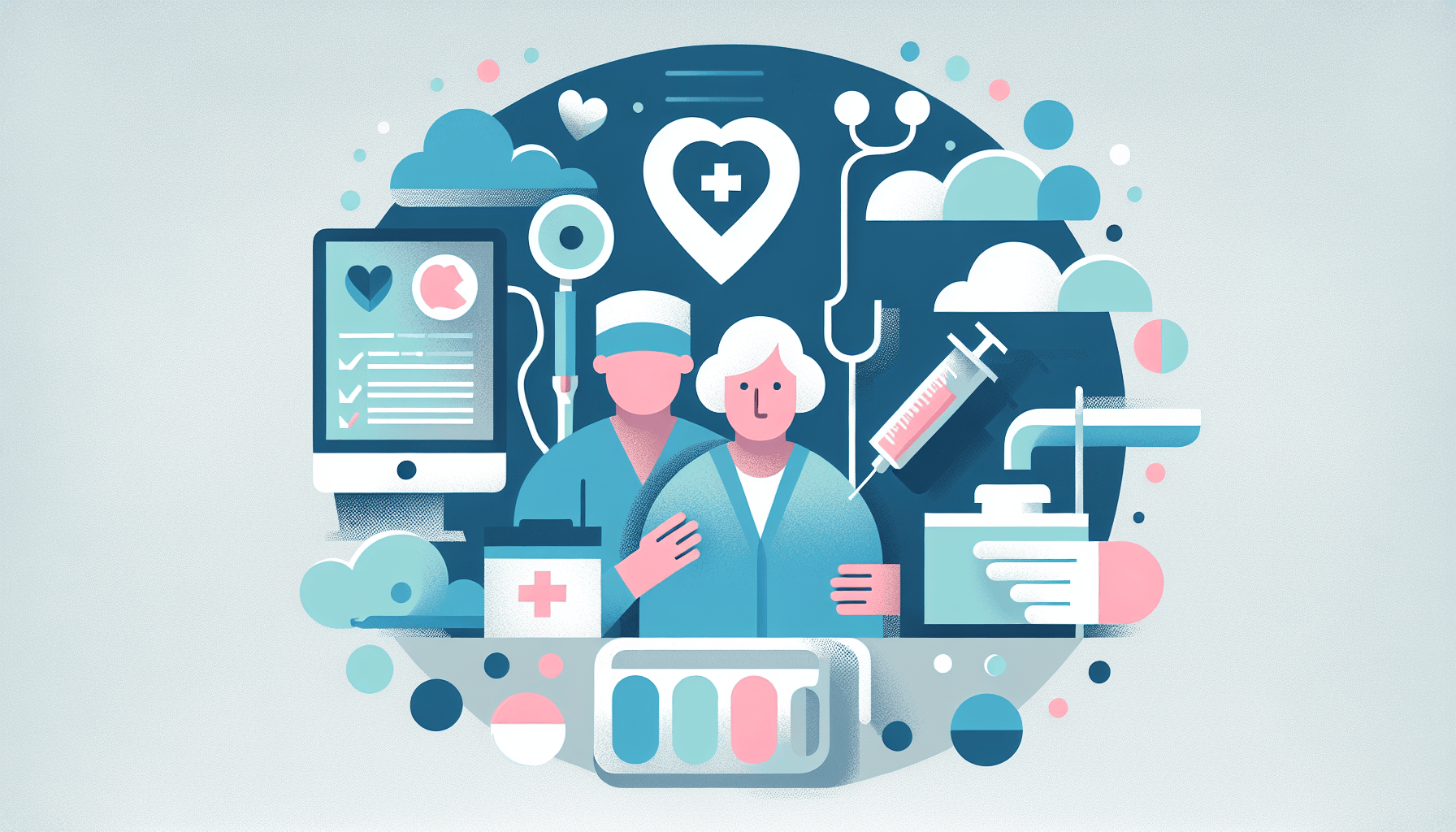In the past, when patients required hospital-level care, they had no choice but to be admitted to a traditional hospital setting. However, a new model of healthcare called "home hospital care" is gaining popularity in many cities across the country. This innovative approach allows patients to receive hospital-level treatment in the comfort of their own homes, leading to numerous benefits for both patients and healthcare providers.
What is Home Hospital Care?
Home hospital care is a healthcare model that provides patients with hospital-level care in their own homes. This approach is suitable for patients who require constant monitoring and treatment for several days but do not need advanced procedures or intensive nursing care. Some common conditions that may be treated through home hospital care include:
Infections
Flares of heart failure
Breathing problems
Post-partum care
Diabetes
Dehydration
Stroke Recovery
Post-surgical recovery
Blood clot treatment
Palliative care
Benefits of Home Hospital Care
A randomized controlled Harvard study published online in the Annals of Internal Medicine has shown that home hospital care offers several advantages over traditional hospitalization:
Lower Costs
Patients who received home hospital care had 38% lower hospital costs compared to those who were admitted to a traditional hospital setting. This cost reduction can be attributed to factors such as reduced overhead expenses and shorter hospital stays.
Fewer Readmissions
Patients in the home hospital care group were readmitted to the hospital within 30 days after their care less frequently (7%) than those in the traditional hospital group (23%). This suggests that home hospital care may lead to better outcomes and reduced healthcare costs in the long run.
Increased Patient Satisfaction
Patients who received home hospital care reported higher levels of satisfaction with their treatment. They appreciated the convenience and comfort of being able to recover in their own homes, surrounded by family and familiar surroundings.
Is Home Hospital Care Right for You?
While home hospital care offers many benefits, it may not be appropriate for everyone. As Dr. David M. Levine, the lead author of the Harvard study and an internal medicine specialist with Brigham and Women's Hospital, explains, "If someone is too sick or is in need of advanced procedures, their care may be better delivered in a traditional hospital."
However, if you have a condition that requires constant monitoring and treatment for several days but does not necessitate advanced procedures or intensive nursing care, home hospital care may be a viable option. As Dr. Levine states, "If the home hospital model were offered to a member of my family, I'd encourage them to do it."
To learn more about home hospital care and whether it may be right for you, consult with your healthcare provider or visit the websites of organizations such as The Agency for Healthcare Research and Quality or The Centers for Medicare & Medicaid Services.
The Bottom Line
This innovative care model delivers hospital-quality treatment at home for stable conditions requiring monitoring, offering significant cost savings and better outcomes than traditional hospitalization. The key is having adequate home support and meeting specific medical criteria for safe treatment outside hospital walls. If you're wondering whether your condition qualifies for this convenient alternative, Doctronic can help evaluate your symptoms and treatment options.



